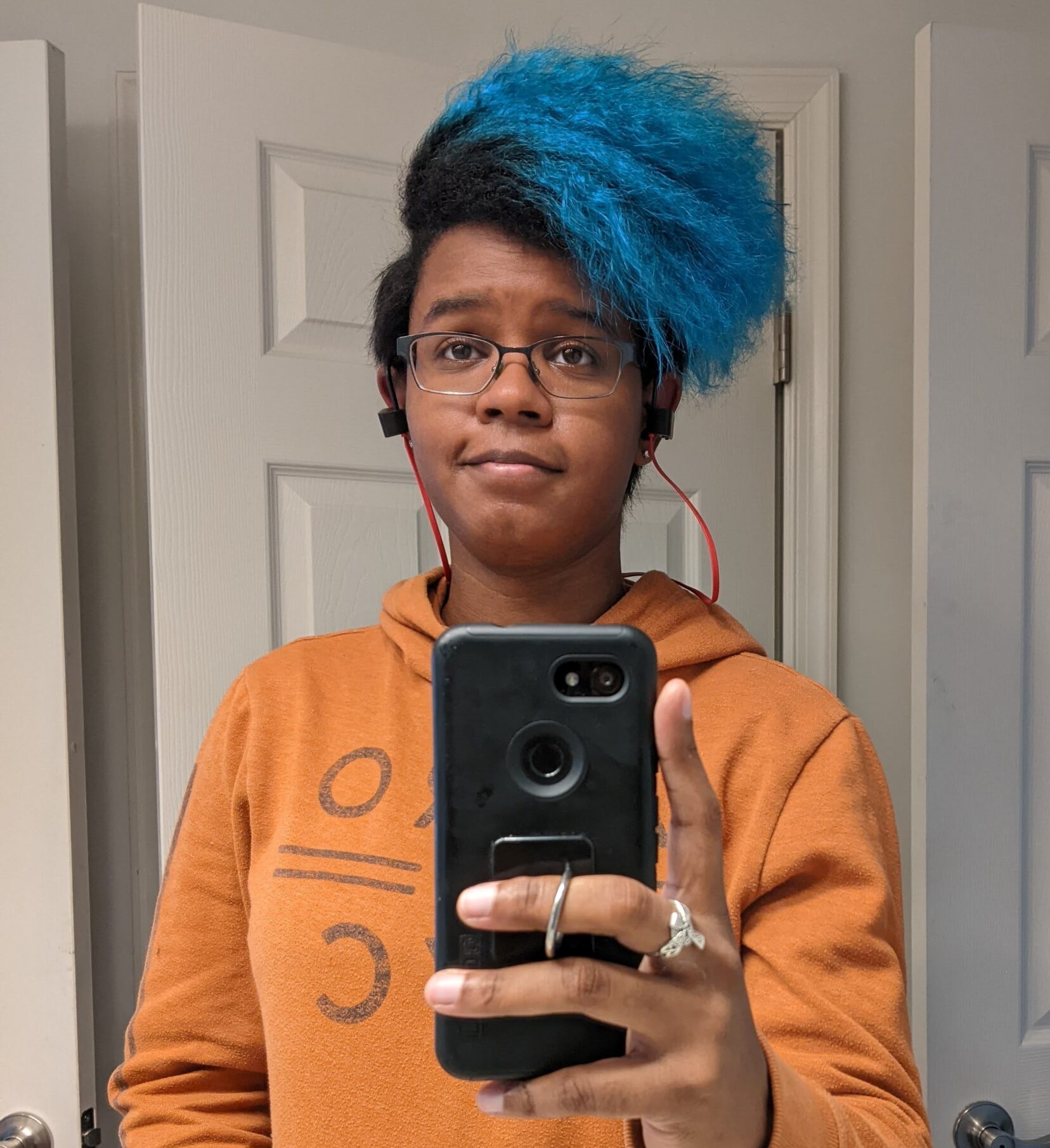When I first stepped into the role of a Sales Engineer, I thought trust was something you earned by being the smartest person in the room. If I could whiteboard a solution in five minutes or answer every question on the fly, I figured I’d nailed it. But over time, I realized that technical knowledge alone isn’t what earns you a seat at the table—it’s how you show up.
The shift from being seen as “the vendor” to becoming a trusted advisor didn’t happen overnight. It came through hard-learned lessons, small moments of humility, and a lot of listening. These soft skills—the ones no one puts on the dashboard—are what ultimately helped me build lasting relationships with clients.
Listening to Understand, Not to Respond
Early in my private-sector career, I used to jump into solution mode too quickly. I was taught to sell the product and its features, to convince the prospect to go for the bigger package—because that meant a bigger commission. If a customer said they needed something, I was told to agree to it and deal with the fallout after the contract was signed.
Now, I pause. I ask follow-ups. I stay quiet just long enough to let the client tell me what’s really going on beneath the surface.
What are their pain points? What do they need to fix? Why are they looking for a new solution in the first place?
That shift alone—just listening more—has helped me uncover priorities that wouldn’t have come up in a standard discovery call.
As an SE, it’s our job to understand not just the technical requirements, but how our product fits into a client’s infrastructure, workflows, and long-term goals. That responsibility doesn’t end after discovery, or even after the first demo. We’re constantly tuning into both the expressed—and sometimes unspoken—needs of the client to make sure the technical fit is real.
And sometimes, that means doing the hard thing: telling the client “No.”
- No, the product can’t solve that specific use case.
- No, we can’t build a custom integration for that tool right now.
- No, my sales partner misspoke about that feature.
But it’s never just “No.”
For every hard truth, there should be a thoughtful follow-up—an alternative workflow, a workaround, or another solution that can meet the client’s needs. Sometimes, that alternative might even be a competitor’s product.
Being a trusted advisor means giving your client the best advice possible, even when it costs you. That’s how you earn trust that lasts beyond the sales cycle.
Becoming the Kind of Advisor You Would Trust
Every SE has the chance to shape how clients perceive the role. We’re not just technical validators. We’re not just demo jockeys. We’re uniquely positioned to translate complexity into clarity, to bridge teams and tools, to surface risk, and to recommend what’s right—even if it’s not always what’s easiest.
That’s what separates a vendor from a trusted advisor.
For me, the journey started with self-awareness—recognizing when I was showing up as “the expert” instead of a partner. It grew through practicing empathy, owning my mistakes, and learning how to communicate in a way that made my clients feel heard and supported.
But this kind of growth doesn’t happen by accident. If you’re a Sales Engineer looking to become a trusted advisor, there are specific behaviors and mindset shifts that can help you get there.
 Bonus Tip: One Small Habit That Changed Everything
Bonus Tip: One Small Habit That Changed Everything
If I could go back and give myself one piece of advice early in my Sales Engineering career, it would be this:
Get comfortable with asking, “Can you tell me more about that?”
It’s such a simple phrase, but it opens the door to deeper conversations every time.
When a client mentions a challenge, a goal, or even a frustration, instead of jumping to solution mode, I ask them to expand.
Most of the time, what they share next is the real problem they want solved—not the one they first mentioned.
It’s a small habit that costs nothing to adopt, but over time, it builds a reputation for curiosity, thoughtfulness, and genuine understanding.
Coming Up Next in the Series…
This shift didn’t happen overnight—and it didn’t happen by accident. In this series, I’ll be breaking down the key behaviors that helped me earn real trust as a Sales Engineer.
Next up: Blog #2 — Ask Better Questions: Turning Curiosity Into Credibility as a Sales Engineer


